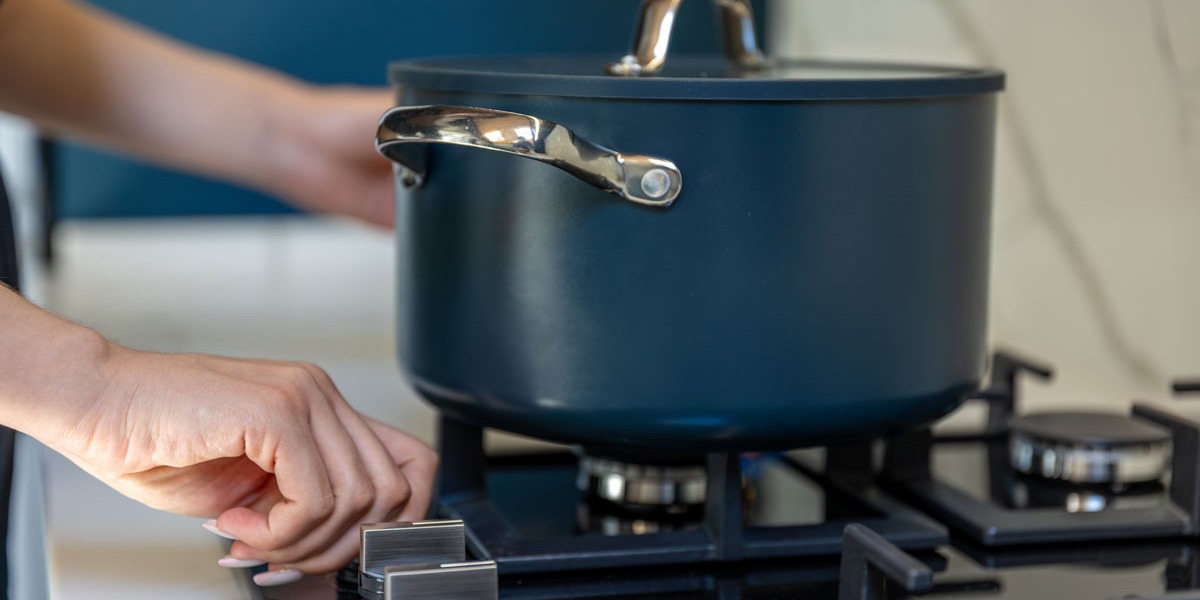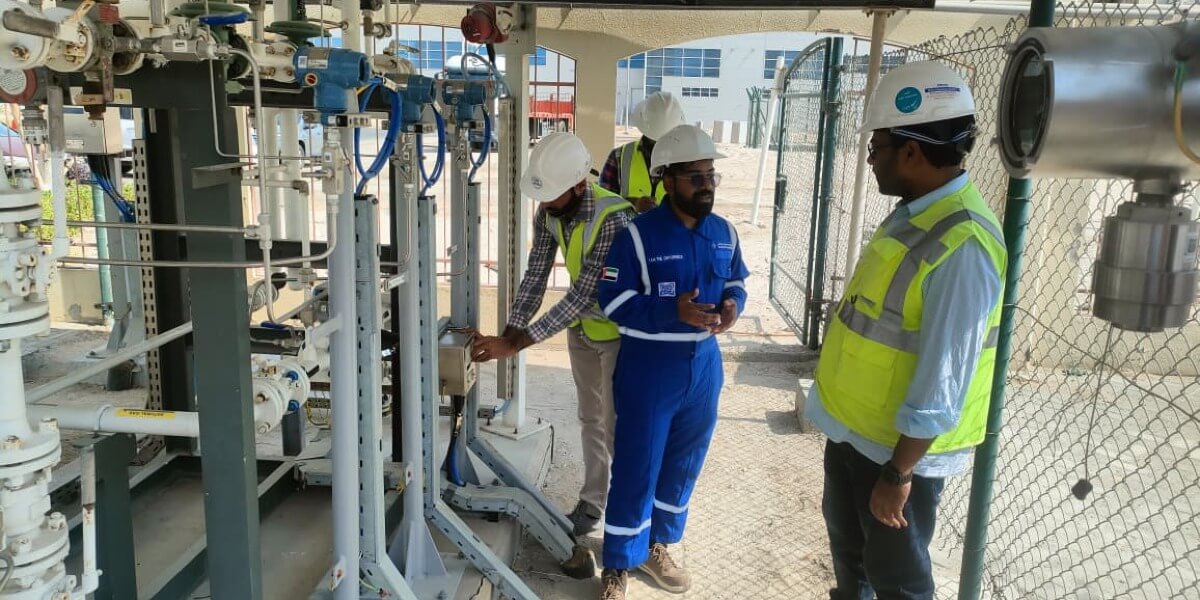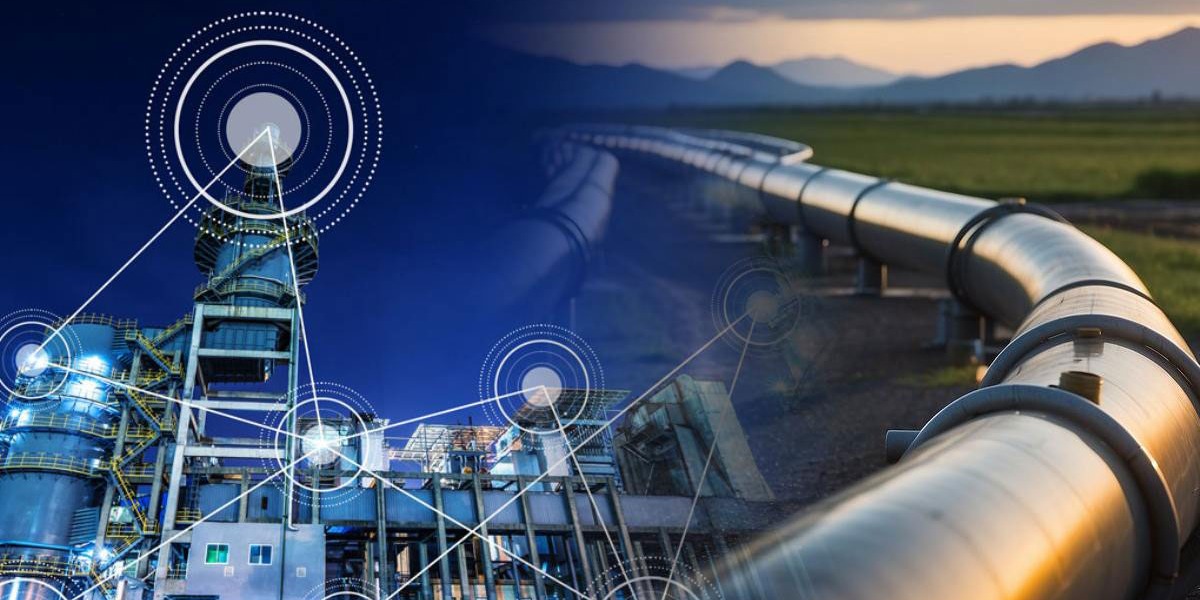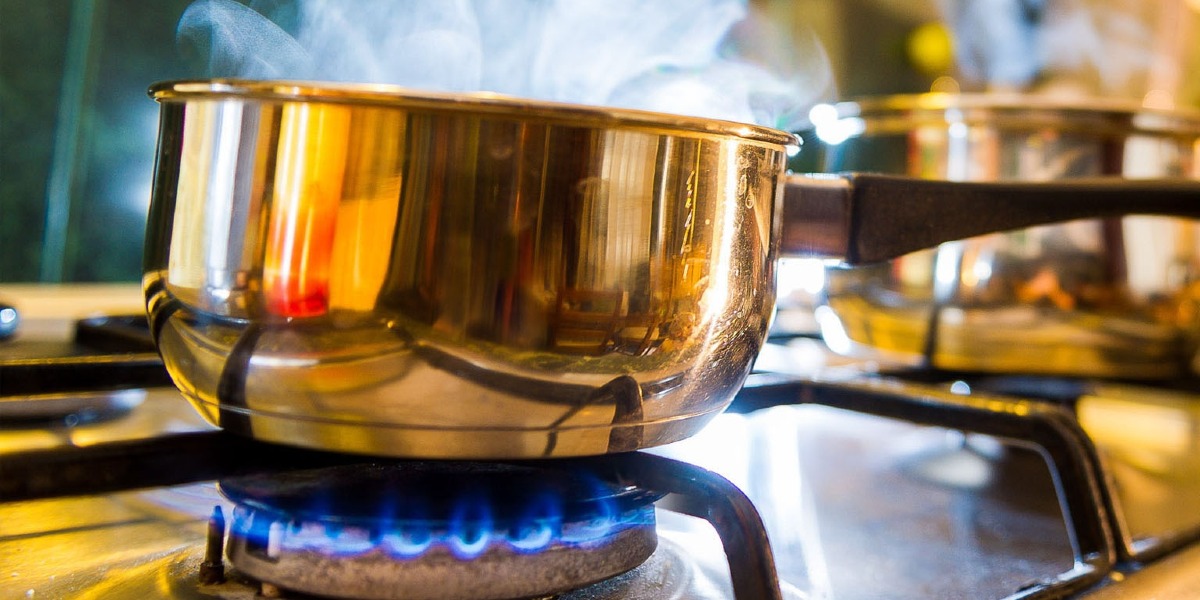How to Detect a Gas Leak, 10 Safety Tips for property owner
How to Detect a Gas Leak, 10 Safety Tips for property owner

Why Gas Safety Matters?
Gas is an essential energy source for heating, cooking, and hot water in many rental properties. However, when poorly maintained or left unchecked, gas systems can pose serious risks — from fires and explosions to carbon monoxide poisoning.
For property managers and owners, gas safety isn’t just about compliance — it’s about protecting lives. Tenants trust you to maintain safe living conditions, and being proactive about gas leak prevention is both a legal and moral responsibility.
How to Detect a Gas Leak
Awareness is the first step to prevention. Gas leaks often reveal themselves through a combination of signs. As a property owner, it’s important to educate yourself and your tenants on what to watch for.
Common Warning Signs of a Gas Leak:
- Smell of sulfur or rotten eggs – Natural gas is odorless, but suppliers add a strong, sulfur-like odor for detection.
- Hissing or whistling sounds – Escaping gas near pipes or appliances often makes a distinct noise.
- Dead or discolored plants indoors – Gas leaks can suffocate plants, even if they appear healthy elsewhere.
- Headaches, dizziness, or nausea indoors – Symptoms may indicate carbon monoxide exposure caused by a leak.
- Key takeaway: If any of these signs are present, act immediately. Early detection can save lives and property.
10 Safety Tips for Property Owners
Preventing gas-related incidents requires a structured approach. These 10 essential safety tips will help property owners maintain safer rental properties.
- Schedule Annual Gas Appliance Inspections
All gas appliances — from boilers to stoves — should be inspected at least once a year by a certified gas engineer. Regular checks catch small issues before they escalate. - Install Carbon Monoxide Detectors
Carbon monoxide (CO) is invisible and deadly. Place detectors near bedrooms, kitchens, and boilers. Test and replace batteries regularly. - Ensure Proper Ventilation
Poor ventilation increases the risk of gas buildup. Check vents, chimneys, and flues to ensure they’re free from blockages. - Educate Tenants on Reporting Procedures
Tenants should know how to identify a gas leak and whom to call. Provide written guidelines and emergency numbers upon move-in. - Keep Emergency Contact Numbers Visible
Post the gas emergency service number, your contact details, and maintenance helplines in a clear, accessible location within the property. - Maintain Accurate Service Records
Keep a detailed log of inspections, maintenance, and repairs. This ensures compliance and demonstrates diligence in case of legal or insurance inquiries. - Hire Only Certified Gas Engineers for Repairs
Never attempt DIY repairs. Always use licensed professionals who are certified to handle gas installations and safety checks. - Test Alarms Regularly
Smoke and CO alarms should be tested at least once a month. Replace them according to manufacturer guidelines to ensure reliability. - Check Pipe Fittings and Seals
Loose connections are a common source of leaks. During inspections, request a check of all fittings, seals, and valves to ensure they are secure. - Have an Emergency Action Plan in Place
Create a step-by-step emergency protocol. Tenants should know how to shut off the main gas valve, evacuate safely, and contact emergency services.
What To Do Immediately if a Gas Leak Is Suspected
If a gas leak is suspected in one of your properties, quick action is critical.
- Do not use electrical switches or flames — this can ignite the gas.
- Turn off the main gas supply at the meter if safe to do so.
- Open all windows and doors to allow fresh air circulation.
- Evacuate the property immediately.
- Call the emergency gas service line and a certified engineer to inspect.
Safety First, Always
For property owner, protecting tenants goes beyond collecting rent — it means creating a safe and secure environment. By detecting leaks early and following these 10 proactive safety tips, you reduce risks, safeguard properties, and build stronger trust with tenants.
Gas safety may seem like routine maintenance, but it’s a life-saving responsibility that every property owner must take seriously.











